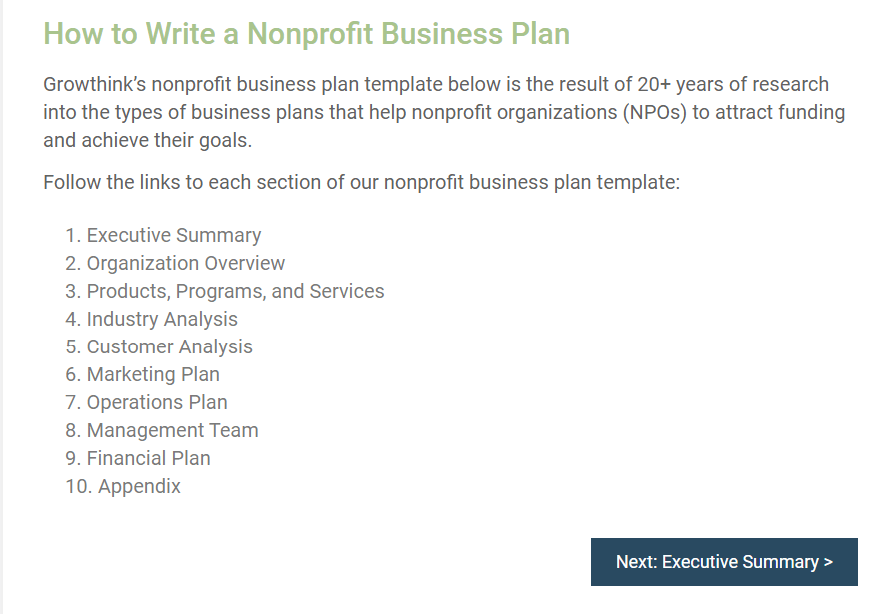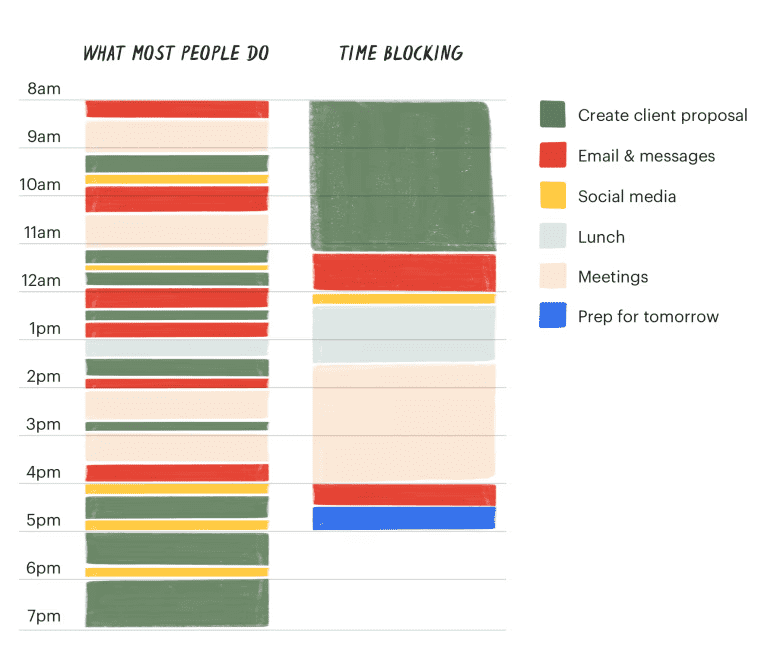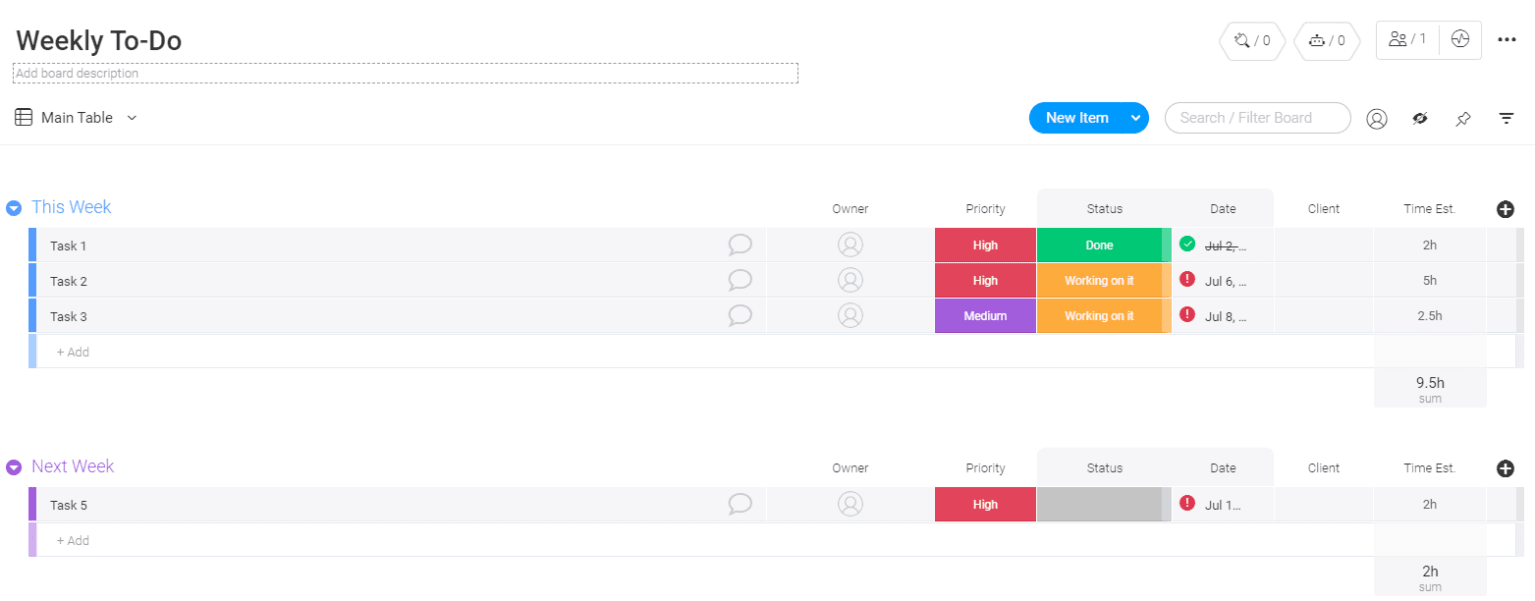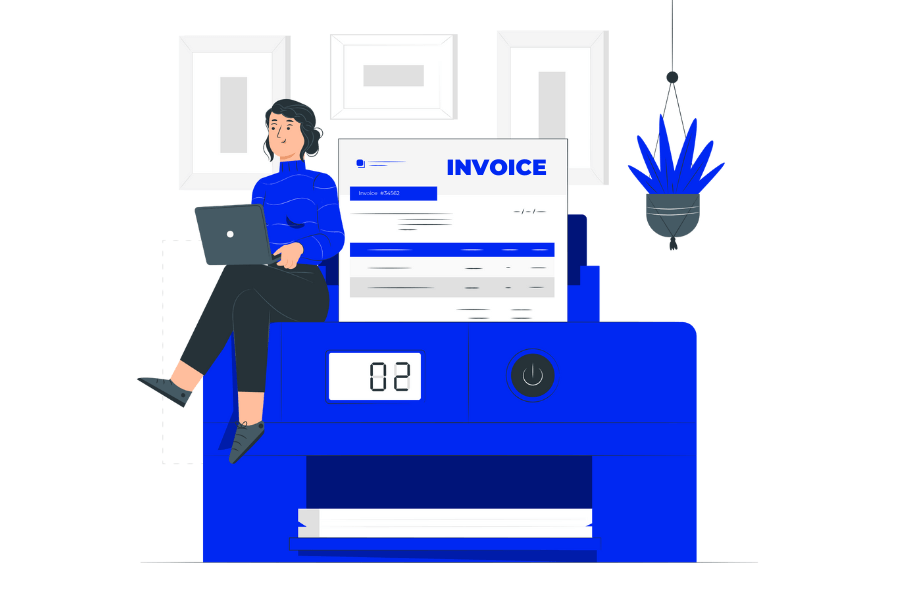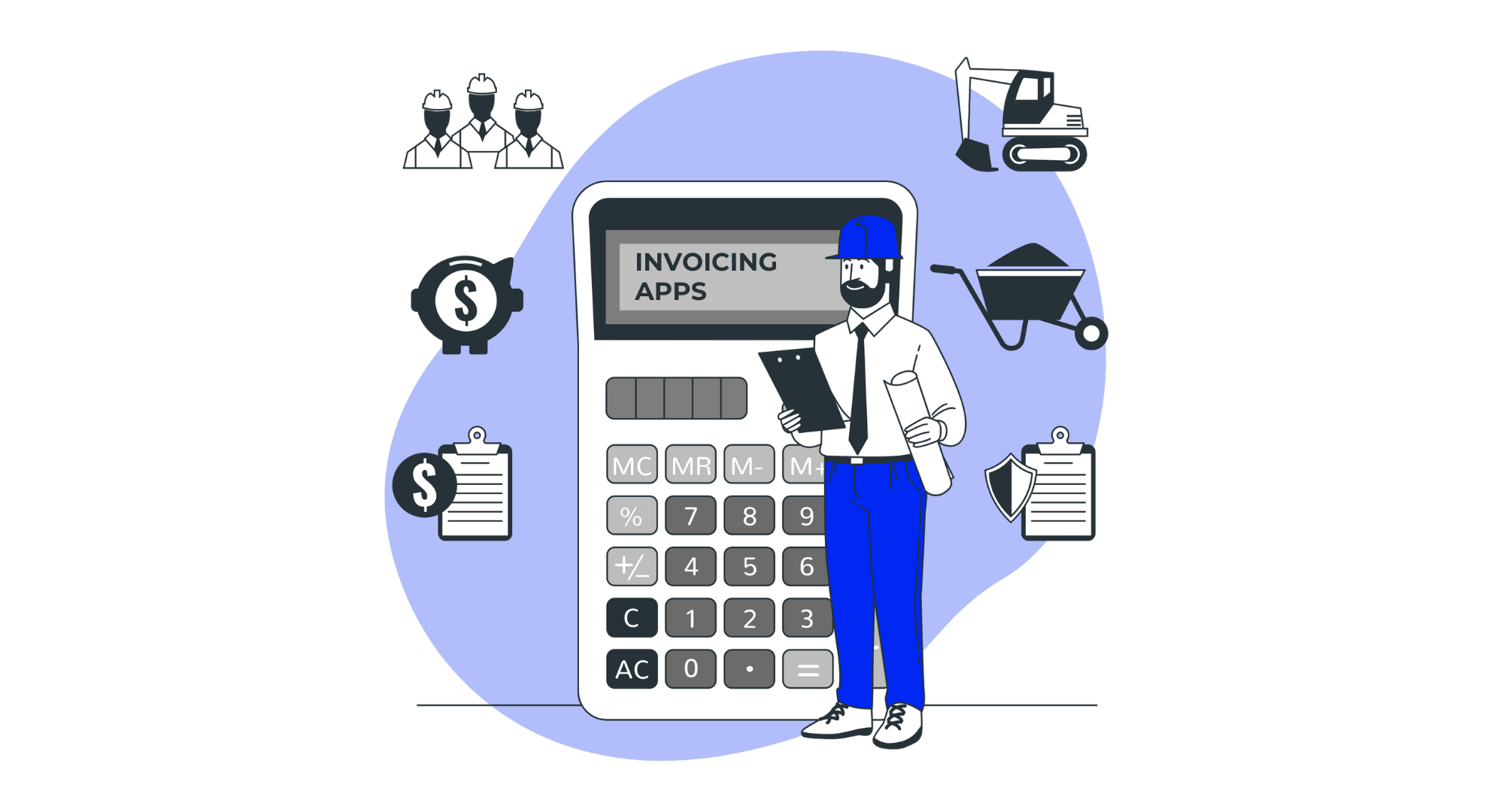
Poor time management can undo your entire work week. And when you’re a small business owner, you can’t afford for that domino effect to take over.
Whether you double-booked yourself or forgot to add buffer time for a complex project, lacking time management strategies can wreak havoc on your business.
Not to mention the strain it adds to your overall health and well-being.
Thankfully, by following some time management best practices, you can set your small business — and yourself — up for success.
Let’s take a closer look at ten effective time management tips you can start implementing right away.
1. Use time management apps to get ahead
Get ahead with time management tools and task apps that can help you organize anything from timesheets to productivity workflows.
Here are some examples …
If you’re a service provider, consider using a professional invoice maker to send invoices and estimates in seconds. You can also automate routine payments with recurring invoices and set up your own invoice templates.
We’ll cover more on templates in a bit.
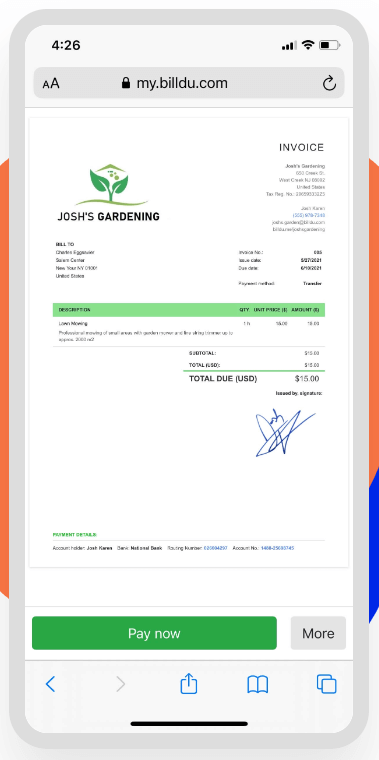
If you’re a creator, consider using text-to-speech software to make instructional videos or marketing materials. This saves you from recording and editing audio when making your videos. You can also easily update or change your video content without having to re-record.
If you’re a freelancer, consider using project management tools to set up efficient daily workflows and timeline overviews. You can also automate project reminders and other repetitive tasks so you can focus on what matters most.
But these are just a few examples. Head to G2 or Capterra to explore other tools related to your industry.
Set aside ample time to review tools, set up free trials, and finalize your tech stack.



